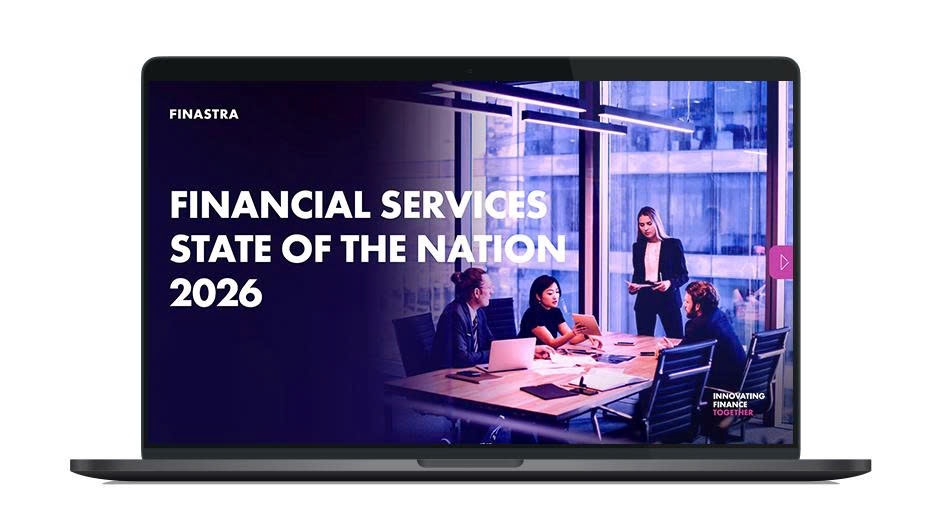In a long-anticipated move, the Vietnamese government has officially enacted Decree 94/2025/ND-CP dated April 29th, 2025, on the Controlled Trial Mechanism in the Banking Sector, establishing a legal foundation for the country’s first fintech sandbox. This decree is a significant milestone in Vietnam’s ongoing journey to modernize its financial system, enhance financial inclusion, and responsibly foster innovation.

The sandbox will apply to key fintech solutions including credit scoring, data sharing via open banking APIs, and peer-to-peer (P2P) lending. Eligible participants include licensed credit institutions, branches of foreign banks (excluding P2P lending), fintech companies, relevant government agencies, and associated organizations and individuals. This inclusive structure allows both traditional financial players and innovative startups to collaborate under regulatory oversight.
Importantly, Decree 94 aims to achieve multiple goals: drive innovation, modernize Vietnam’s banking system, and support the creation of a legal framework that minimizes risks to consumers while enabling the safe development of new financial models. The results of these controlled trials will serve as evidence base for future legislative and regulatory updates in the fintech space.
Each fintech solution can be tested for a maximum period of 2 years, starting from the date the State Bank of Vietnam (SBV) issues the certificate of participation, with the potential for extension. All activities must be conducted within Vietnam’s territory, and cross-border implementation is strictly prohibited.
Crucially, the decree emphasizes transparency and fairness in the approval process. All applications for participation will be assessed against clear and public criteria. However, being admitted to the sandbox does not equate to full regulatory approval or a license to operate commercially beyond its scope.
Participants may only operate within the parameters set in their participation certificate. For P2P lending companies, the rules are even more stringent: they may not act as guarantors, engage in pawn service partnerships, or operate as their own customers.
The decree also aligns with the government’s broader vision of building an international financial center in Ho Chi Minh City and a regional financial hub in Da Nang. With open API practices linked to the Data Law 2024 and the draft Personal Data Protection Law (PDPL), it sets a clear direction for integrating innovation with data security – a pressing concern in today’s digital banking environment.
Prior to Decree 94, the absence of legal clarity allowed some fintech companies to exploit regulatory loopholes, leading to fraud, illegal fundraising, and unchecked lending practices. The new sandbox framework not only brings these activities under scrutiny but also lays the groundwork for sustainable, inclusive fintech growth.
Decree 94/2025 is more than just a regulation—it is a strategic move aligned with the ruling party’s Resolution 57-NQ/TW and Decision 598/QD-TTg, which call for breakthroughs in science, technology, innovation, and digital transformation. This bold step toward responsible innovation and inclusive finance charts a clearer path for Vietnam’s digital economic future.
By editorial staff



